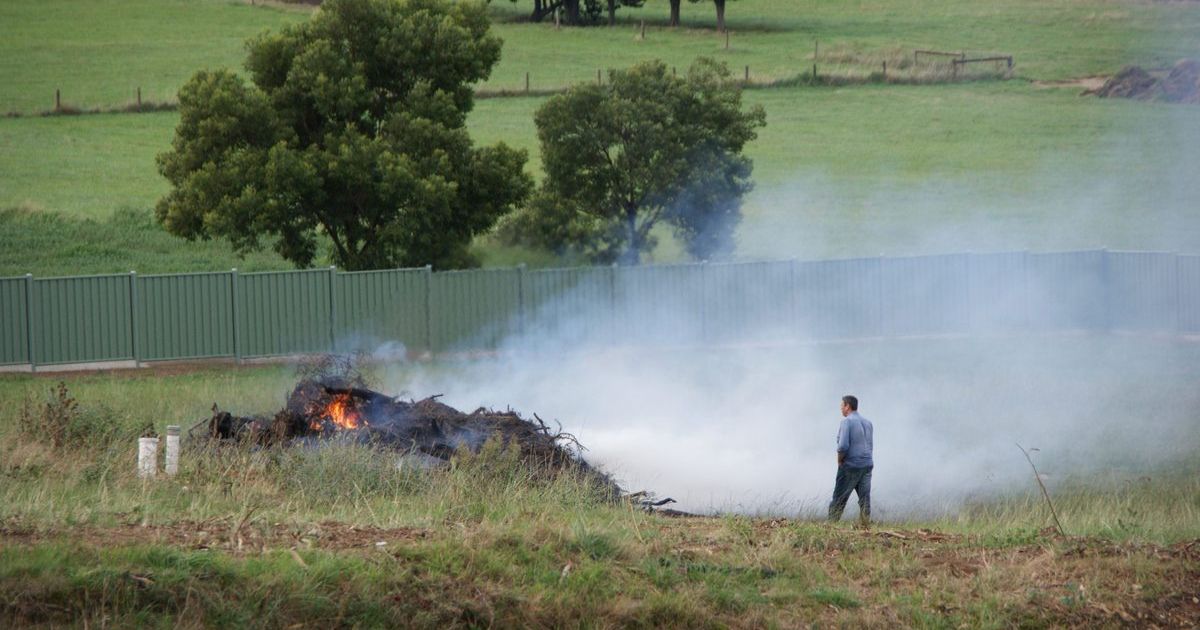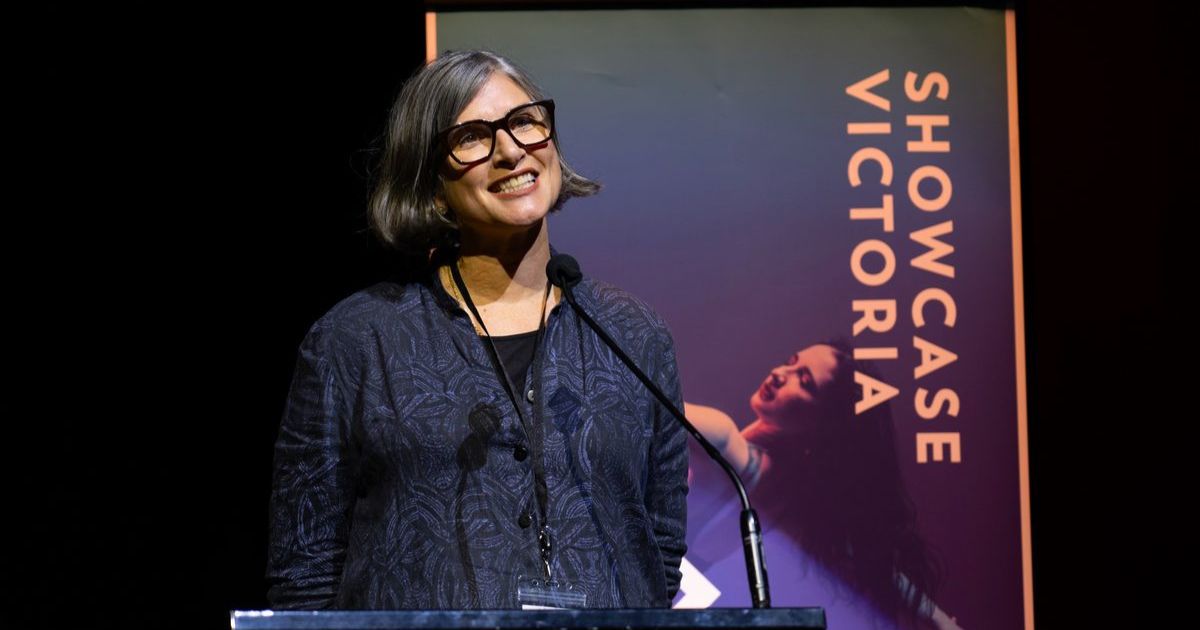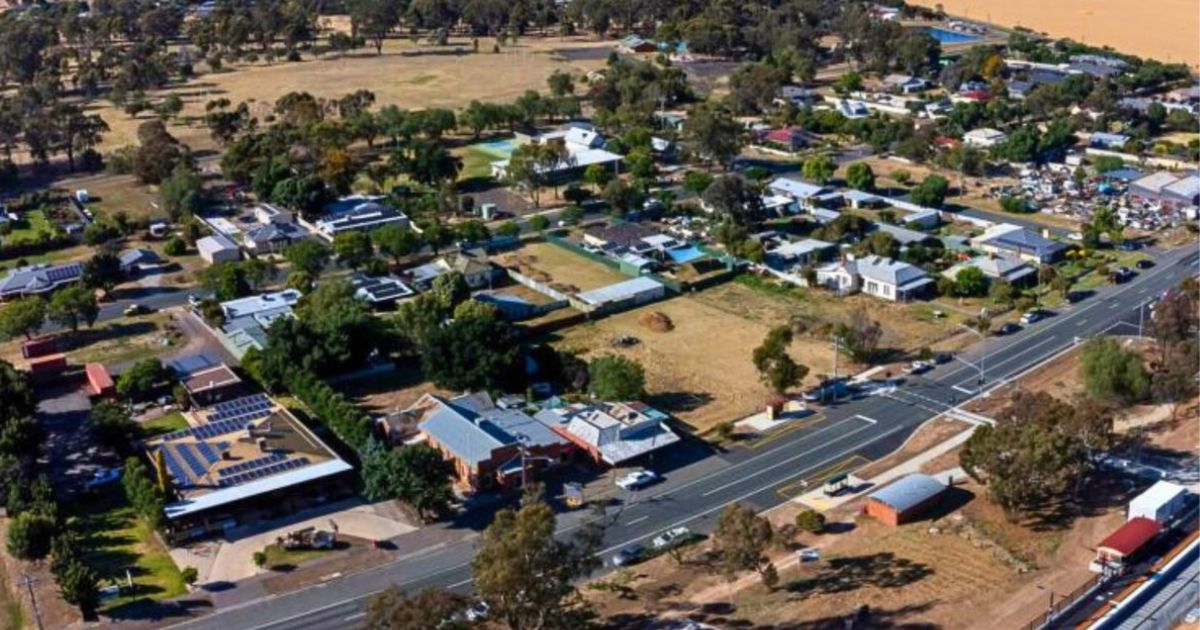Meet the people helping children in need

Generosity: Di and Alex Trantor opened their doors and became foster carers five years ago. Photos: JONATHON MAGRATH
Next week is Foster Care Week and Anglicare Victoria is calling on new people and families to open their doors to vulnerable children.
ACCORDING to an Anglicare Victoria report, there are thirteen thousand children in Victoria in foster care.
The organisation needs about 90 more carers to meet demand, however the number required across all Victorian agencies could exceed 700.
There is a particular need in the north central districts, which encompasses the Loddon and Mallee areas, and regional director Michael Oerlemans said there are specific challenges outside of metropolitan Melbourne.
“Foster care numbers are down across the state, and it is a challenge to get new foster carers,” he said.
“In regional areas particularly, we are a self-contained catchment, so we really need to have a large number of foster carers.
“If you haven’t got a carer in Camberwell, you can get a carer in Brighton or other parts of Melbourne, so you’ve got all of Melbourne to look for places.
“Whereas here you don’t, it’s very much across our particular region where we need to have those carers in place.”
Mr Oerlemans said the COVID-19 pandemic reduced volunteer numbers, with people more reluctant to take children into their homes.

“For us it’s an important time to try and re-establish our carer pool because the more carers, the more we’re able to match young people to the right environment and home,” he said.
In Maiden Gully, couple Alex and Di Trantor have been doing what they can to make a difference over the past five years.
Mr Trantor said he realised he first wanted to become a foster carer after learning that children were being sent to Melbourne to find support because there was no one available locally.
The couple, who have raised two adult children of their own, said they have lost count of how many kids they’ve looked after, however the number could be as high as 100.
Like most foster carers, they started with respite care, providing a couple of days relief for vulnerable families as well as other carers.
Currently looking after two young kids and one teenager, Ms Trantor said they’ve received plenty of support from Anglicare Victoria to make sure they’re compatible with the children.
“You’ve got a say in it, there’s all this work going on in the background and they try and match everybody up,” she said.
“They want it to work, they don’t want all this extra trauma for the children like moving… they try to minimise movement around and put some stability in place.”
Mr Trantor said while it can be difficult to say goodbye when a child returns to their families, that’s the ultimate goal.
“It’s not always easy, you do grow attached and form a bond, and love them like they’re your own children for the time they’re with you,” he said.
“But they haven’t come into foster care to stay there, hopefully they’ll go home. You hope that’s what happens.”
Mr Oerlemans said anybody can be a foster carer and support is available every step of the way.
“We’re really open to people having those conversations, we can have an obligation-free phone call, we just talk about what it is,” he said.
“The decision to become a foster carer is sometimes not a snap decision, it can be thinking about it over a number of years until you or your family is ready.
“It might be a six-month journey or a six-year journey but that’s what we’re here for.”


















